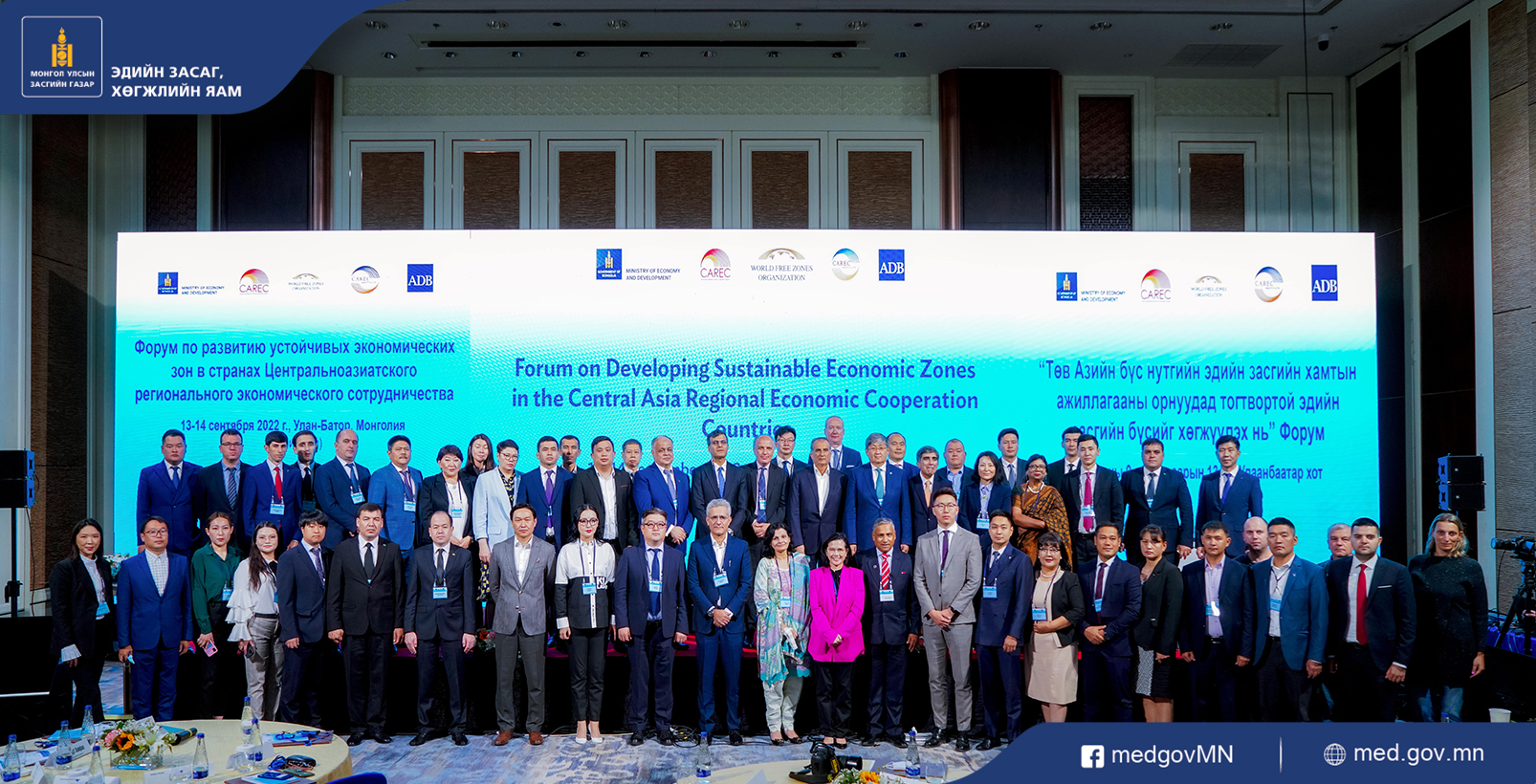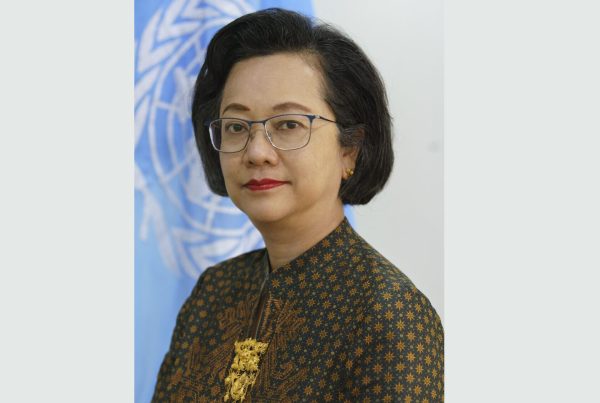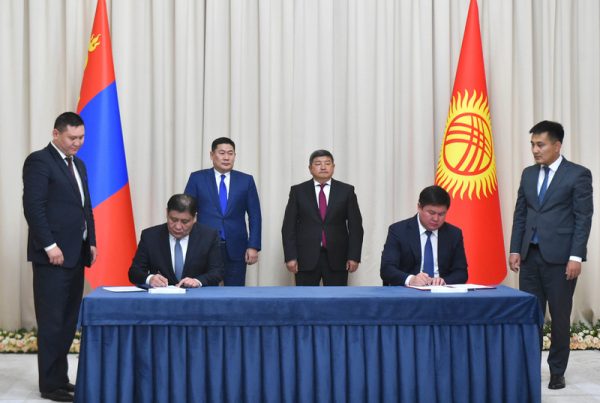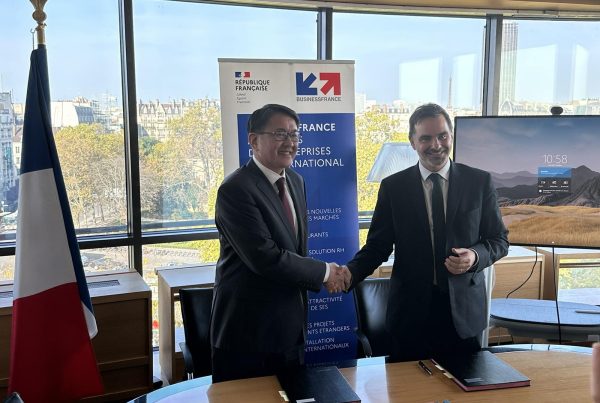Ministry of Economy and Development and Asian Development Bank within the framework of the Central Asian Regional Cooperation (CAREC) program co-organized “Forum on Developing Sustainable Economic Zones in the CAREC Region” and “Roundtable Series on Emerging Regional Trade, Transportation, and Logistics Landscape: Supply Chain Connectivity and Resilient Border Operations in the CAREC Region”.
Government representatives of 10 CAREC member countries, their free zones, World Free Trade Organization, World Bank, United Nations, European Bank for Reconstruction and Development, Asian Infrastructure Investment Bank, CAREC Institute, Incheon Free Zone Authority, UK Export University, International Road Transport Association, US National Association of Foreign Trade Areas were present at the forum. Private sector representatives were Maersk company, Philippine Public Private Partnership Center, Hydropolis Investment Limited, and Multimodal Marine Inc.
The forum discusses a new generation of economic zones, best practices experience from the region and beyond, and mechanisms to attract investments while promoting economic, social, and environmental sustainability. The forum highlighted the emerging special economic zones’ approaches and international cooperation to address global and regional challenges such as the COVID-19 pandemic, climate change, and supply chain disruptions. During the forum CAREC member countries expressed their interest to become a member of the World Free Zone Organization, applying the successful experience of fellow member countries, and discussed deepening bilateral relations.
The roundtable discusses challenges in supply chain connectivity and border operations and outlines prospects, medium- to long-term strategy, and trade policy directions to enhance the cross-border movement of people and goods, mitigate risks of supply chain disruptions, and promote sustainable economic recovery. At the round table meeting, the member countries agreed to come up with ideas to solve their supply chain problems, discuss opportunities for cooperation, and cooperate on the successful implementation of the existing corridors and customs system.



